Welcome to issue 83 of the Call to Comms!
This week, find out more about TSF's recent exploratory mission to Lebanon. We also look at the role technology plays in the education of displaced youth in Ukraine and Latin America, and interview BGBG, a Mexican law firm that is helping TSF pro-bono strengthen its regional presence in Latin America.
TSF in Lebanon
Since September 2024, clashes on the Lebanese-Israeli border have caused over 1,600 deaths and thousands of injuries, displacing 346,000 people in Lebanon. Over 100,000 of the country's 1.5 million Syrian refugees have returned to Syria. Around 1 million people are directly affected by the crisis, and various initiatives have opened shelters to accommodate the many displaced. Targeted strikes on Beirut continue on a daily basis.
The team on site, led by TSF’s Delegate for Middle East and Africa, has met with national and international NGOs, telecom operators, government agencies and the United Nations. This exploratory mission will enable us to identify communication and information needs in the field and with humanitarian actors, while taking into account the specificities of this situation, particularly in terms of security.
Education for young displaced people
Across the world, children and young people are forced to flee violence, harsh living conditions, in search of safety. They flee their home, their friends, and also their school. Some can continue their education – in their new town’s school, for example – but 7.2 million of refugee children miss out on school.
In TSF’s various missions, we have seen how displaced people find ways to use technology to keep learning – from Evgenia, a displaced teacher in a shelter in Ukraine using the Internet to “carry out an educational process for children”, to educational content being displayed for young people in migrant centers.
“Children have the opportunity to use the internet to its full potential and participate in the educational process.”
A center manager in Ukraine about young people using the Internet for remote learning.
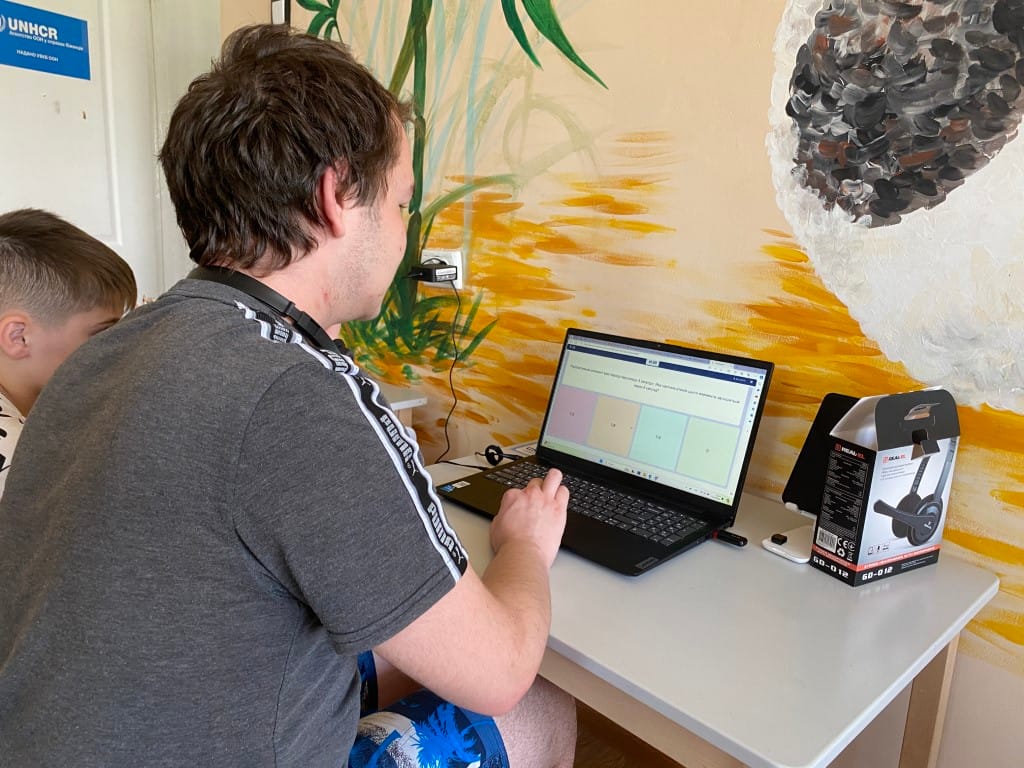
BGBG: Meet the Mexican law firm supporting TSF
To support people affected by humanitarian crises and the organizations that help them, a lot of different profiles are involved, within TSF and outside of it. Our work relies heavily on collaboration with organizations, NGOs, the private sector, and so on. In Latin America, for example, the project displays information and content issued by various allies.
BGBG is a Mexican law firm that works pro bono for TSF. We discussed the role a law firm can play in helping an NGO in its work - for BGBG, it's about strengthening TSF's regional presence in Latin America by formalizing alliances and being recognized as an entity in Mexico.
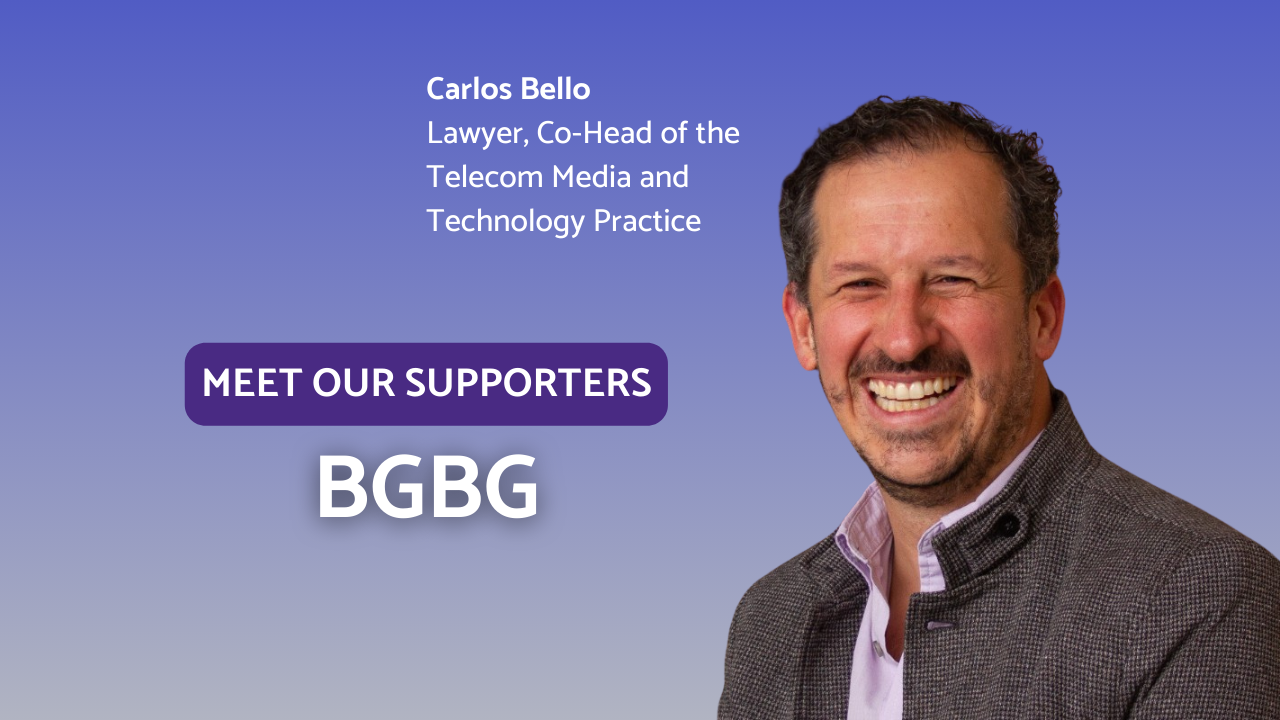
Watch the interview with BGBG here.
In case you missed it: Meet the Teacher Using Tech to Help a Disabled Woman Learn
Discover - or rediscover - the story of Mrs Noro and Mireille, who use technology to learn in rural Madagascar. Mireille is a disabled woman learning French with Mme Noro. She has never been to school and her only reason for leaving home is to come to the center and learn French, with a digital tablet as support. Through activities and educational games, they progress together.
“To teach people with learning difficulties, the tablet and digital tools remain the best resources.”
Read Mme Noro’s testimony here.
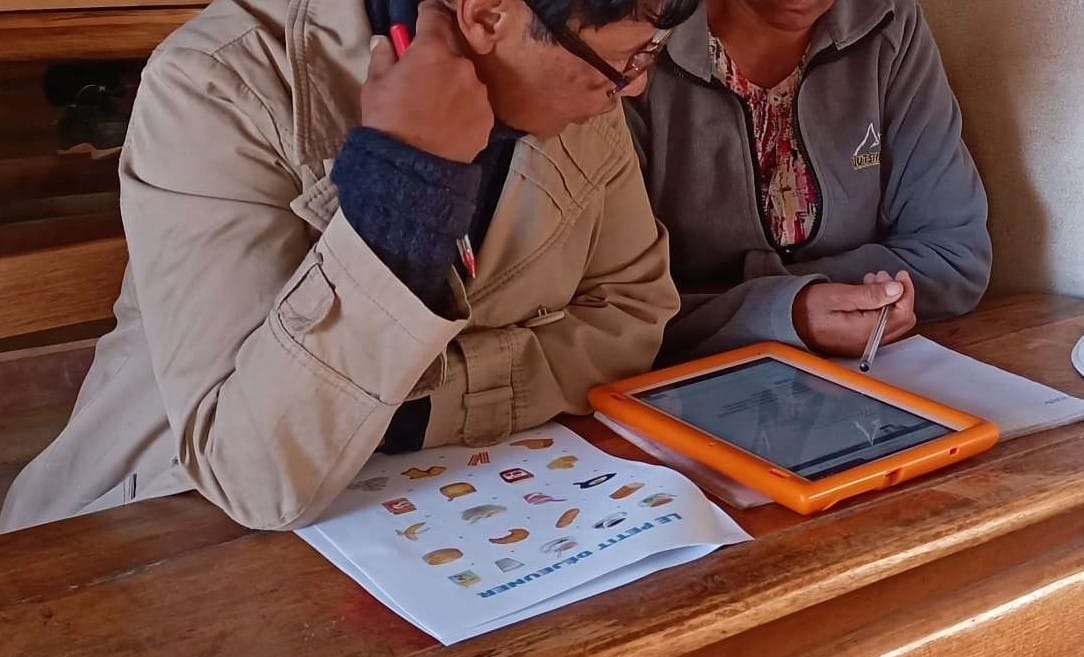
See you in two weeks!


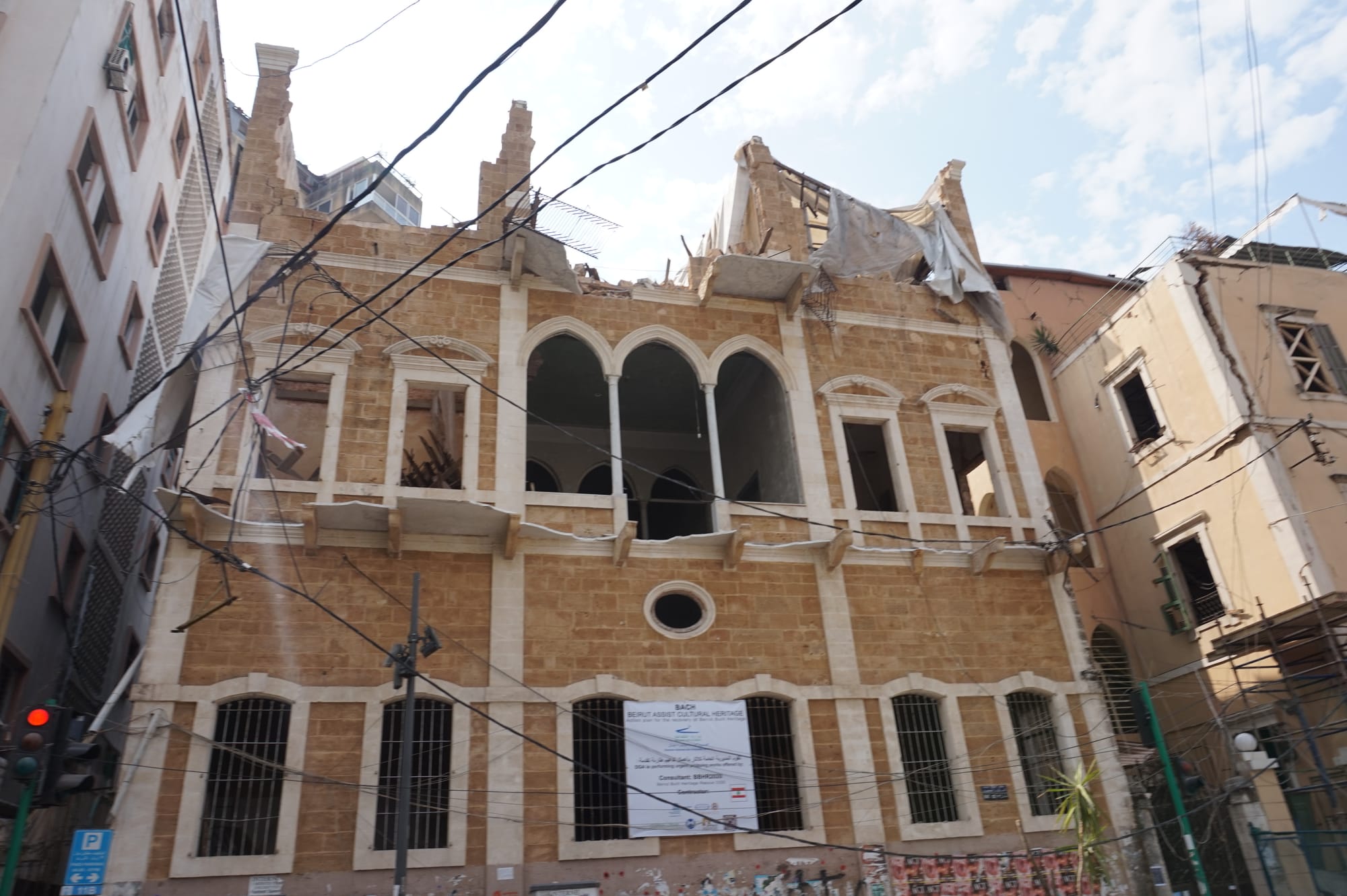



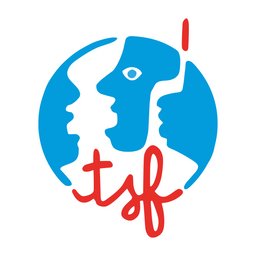
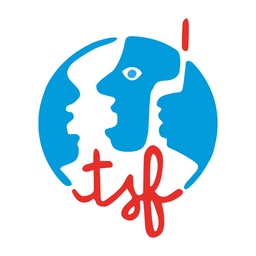
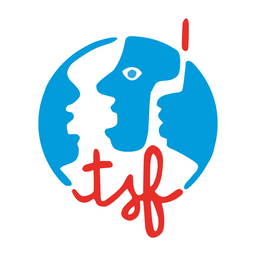
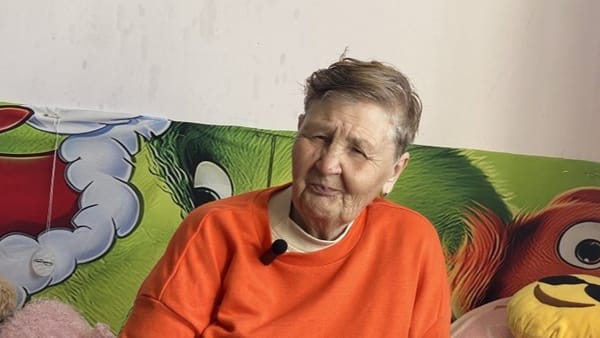
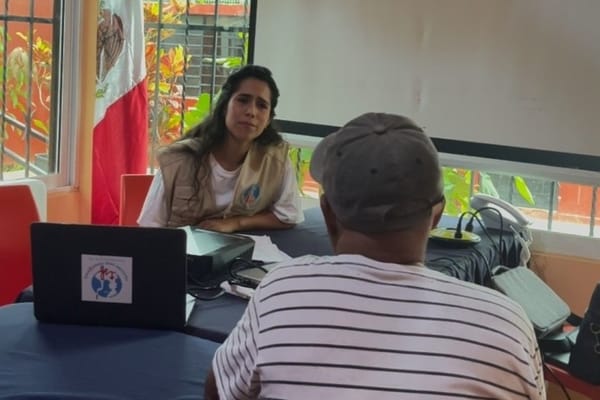

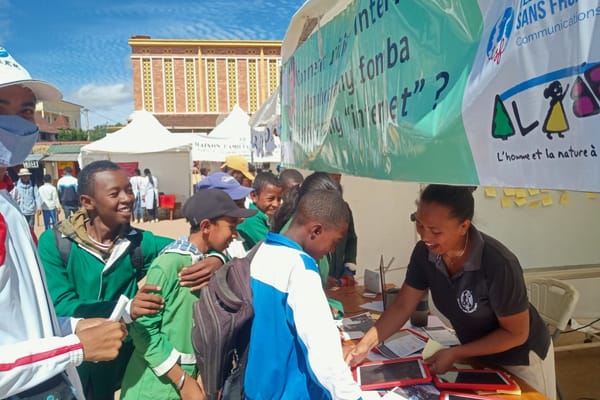
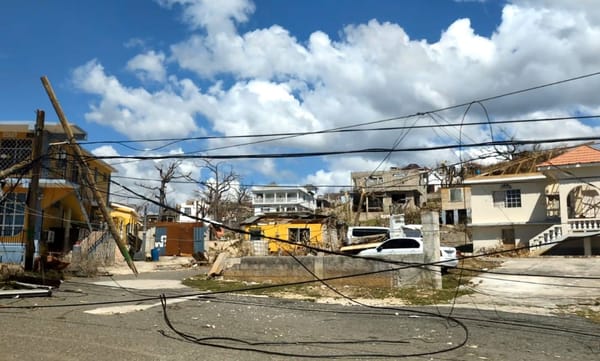
Member discussion